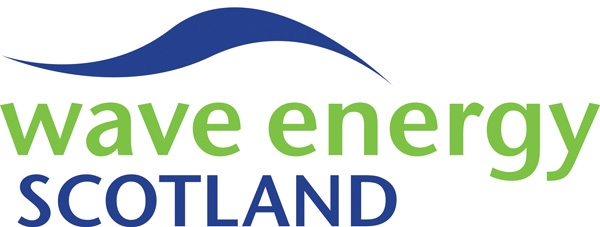An International Guidance Framework builds the foundations of a clear, unambiguous evaluation methodology for cost-efficiency and technical success of ocean energy technologies.
The IEA-OES releases “An International Evaluation and Guidance Framework for Ocean Energy Technology” to respond to a need to have a completely objective evaluation of how a technology performs against key criteria. The information required to carry out a fully objective, quantitative evaluation is not always available, especially at the early stages of the development process. This means that the evaluation approach must evolve, taking in to account the development stage, activities completed and the available information.
International acceptance of a common approach to technology development and evaluation brings the following benefits:
- Clarity in the expectations from different stakeholders during each stage of development, bringing clearer communication
- Consistency in the use of terminology, and the process to evaluate technology, ensuring a level playing field
- Stakeholders working together to build confidence and transparency in the sector
- Efficient decision-making processes promoting direction of funding to the technologies with highest chances of commercial success
- Technology development processes consistent across the world, leading to more international collaboration more globally transferrable technology
This document is applicable to subsystems (e.g. power take-off, mooring and connection systems), devices (wave energy converters and tidal stream energy converters) and arrays of devices and is intended to be used by different stakeholders like developers, research organisations, standard institutions and private and public funding organisations.
This Task developed within the IEA-OES work programme has taken an iterative approach, engaging numerous stakeholders from across the ocean energy sector and building upon previous work. Beyond the release of this document, work will continue through engagement and collaboration with standards institutions, progressing towards a complete and internationally agreed process for maturation and evaluation of ocean energy technology.
The goal of this document is to accommodate formal standards and guidelines, where they already exist, and provide cues for the future production of other supporting standards and guidelines where required.
Matthijs Soede (vice-chair IEA-OES Exco: ‘Beyond delivery of this document, OES will continue engagement and collaboration, progressing towards an internationally agreed process for maturation and evaluation of ocean energy technology. This Guidance framework is an important milestone.’
Jonathan Hodges, Senior Innovation Engineer, Wave Energy Scotland: ‘This document is a valuable step towards the concept of a ‘Technology Passport’, where innovative solutions can demonstrate pedigree by completing internationally agreed development stages. This facilitates improved international collaboration between funders and developers across the wave and tidal stream sectors.’
Related Articles
Wave Energy Scotland Unveils Wave Energy Cluster Concept Design
Wave Energy Scotland (WES) has unveiled a concept design for a multi-megawatt cluster arrangement of wave energy converter devices
Report: Future Economic Potential of Tidal Stream & Wave Energy in Scotland
This report details the size of the potential economic prize for Scotland
Henry Jeffrey wins OEE industry award
The award acknowledges individuals or organisations who have made an outstanding contribution to the ocean energy sector.
Blackfish Engineering sign strategic MoU to accelerate C-Dart Mooring System
Blackfish Engineering announce the signing of a strategic Memorandum of Understanding (MoU) with AJT Engineering.
WES announces Round 2 Direct Generation competition selections
In the second round of the Direct Generation Concept Design Competition, we have awarded a total of £400,000 to be shared between two projects.
Apollo's quick connection system successfully tested in Orkney
Apollo, a leading engineering and energy advisory consultancy, is thrilled to report the successful trial of the PALM Quick Connection System (QCS) for floating offshore renewables.
Elva Bannon awarded 2024 Top 50 Women in Engineering Award (WE50)
Wave Energy Scotland's Research and Engineering Manager, Elva Bannon, has been selected as one of the Top 50 Women in Engineering (WE50).
Quoceant's Quick Connection System completes next step to technology certification
Lloyd’s Register awards Quoceant an IECRE Feasibility Statement for the Q-Connect system.
Blackfish Engineering win accelerator challenge with WES-funded technology
Blackfish Engineering Wins prestigious NOW Accelerator Challenge with Innovative Mooring Quick-Connector Concept
Direct generation competition round one results
Round one of Direct Generation Concept Design Competition draws to a close.
2023 UK Ocean Energy Review report published
This report provides a concise summary of the UK’s evolving national strategy.

